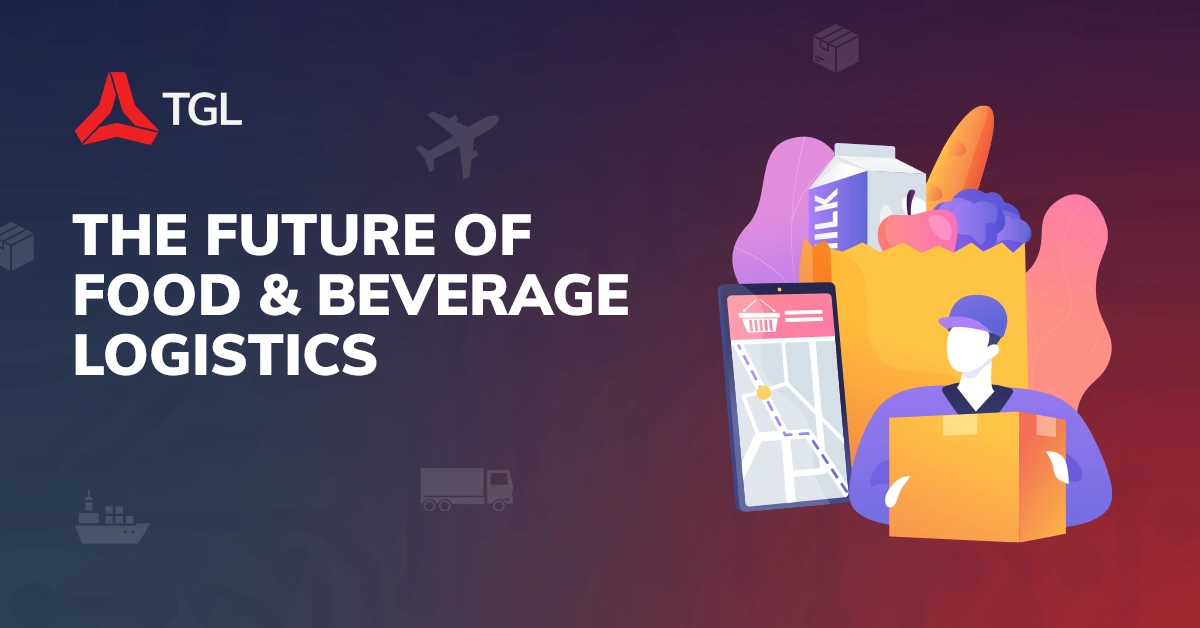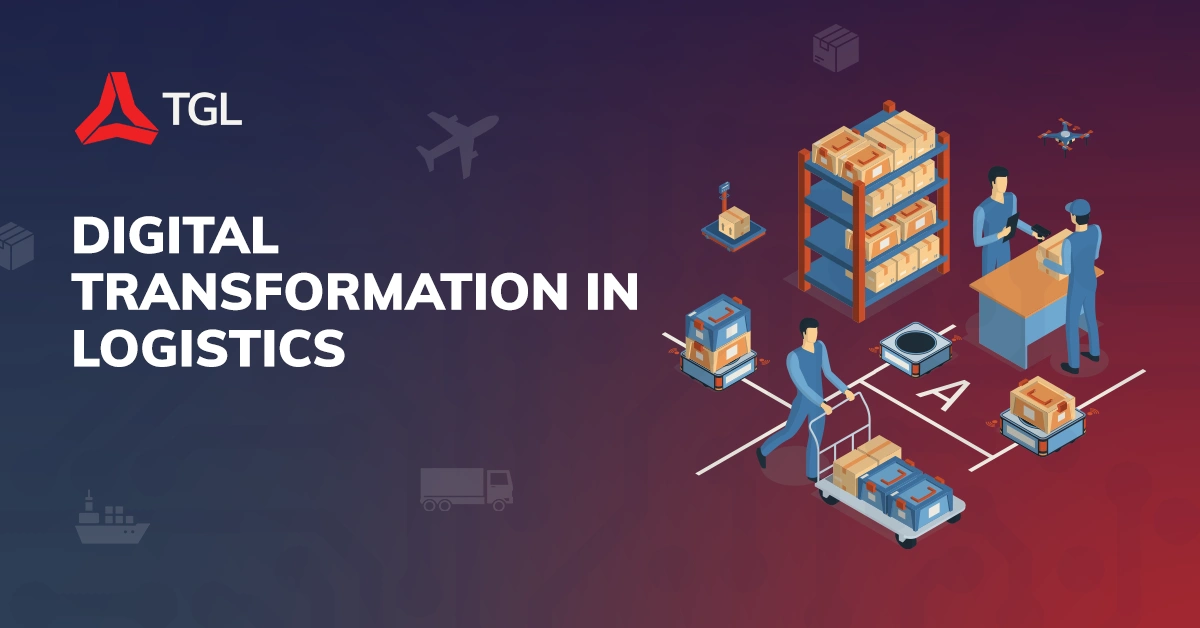WTO slashes global trade growth forecast for 2022 to 3% from 4.7%

A World Trade Organisation report has highlighted the current fragility of global trade as a result of the Russia-Ukraine war and shipping difficulties in China.
WTO economists said the global economy's prospects have "darkened" since the outbreak of war in Ukraine, causing them to revise their two-year prediction for global commerce.
The international body now forecasts a 3.0% growth in merchandise trade volume in 2022, down from 4.7% previously and much below the 9.8% increase predicted in 2021.
According to the analysis, global GDP growth at market exchange rates is likely to decline to 2.8% in 2022 after surging to 5.7% in 2021. In 2023, output growth might reach 3.2%.
Although Russia and Ukraine have minor trade and output shares in the global economy, they are important suppliers of critical items such as food, energy, and fertilisers, all of which are now jeopardized by the conflict.
Grain supplies through Black Sea ports have been suspended, putting food security in poorer countries in jeopardy, according to the World Trade Organization.
"The conflict in Ukraine has caused enormous human suffering, but it has also harmed the global economy at a vital time," said WTO Director-General Ngozi Okonjo-Iweala.
"It will have a global impact," she added, ", especially in low-income nations, where food makes for a major portion of a household budget."
According to economists, the conflict in Ukraine will have an impact on the services trade, especially the transportation sector, which includes both container shipping and air transport.
Since the Russian invasion of Ukraine began in late February, air freight capacity on the north-east Asia-Europe commerce corridor has decreased dramatically.
European carriers, particularly Russian airlines, and integrators are driving the drop in cargo capacity since they were obliged to cancel and reroute flights owing to sanctions at the outset of the conflict.
The issue has become more complicated as a result of lockdowns in China's major port hubs. The lockdown had the biggest effect on land-based operations, but flow-on impacts hindered air and sea freight as well.
The restrictions, according to the WTO, interrupted seaborne trade at a time when supply chain pressures seemed to be easing. Significant disruptions are predicted to result in new manufacturing input shortages and greater inflation.
Ms Okonjo-Iweala emphasised the importance of commerce during times of crisis because it assures consistent and equitable access to basic commodities.
"Restricting trade will jeopardise the well-being of people and businesses, making the challenge of establishing a long-term economic recovery from COVID19 much more difficult."
In a time of high inflationary pressures on essential commodities and increased pressures on supply chains, she said governments and multilateral organisations must work together to facilitate trade.
"History shows us that separating the global economy into rival blocs and turning our backs on the world's poorest countries does not lead to prosperity or peace."


